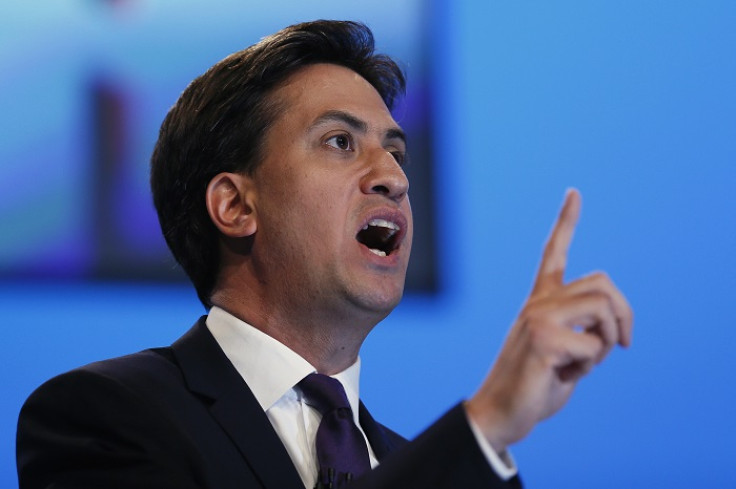Ed Miliband Set to Win Labour Reforms Despite Union Fears

Labour leader Ed Miliband will on Saturday seek backing for his fundamental reforms of the party's links with the unions in a move he claims will "change British politics forever."
It is a bold claim and has been matched by his suggestion it is an even bigger change than Tony Blair's famous ditching of Labour's old "Clause IV" of the party constitution that talked about state control of industry.
The truth is, while these reforms are a genuinely big deal for Labour, they will go largely unnoticed by the wider public and carry nothing like the same symbolic importance as Blair's reform.
But that is the point. Blair's Clause IV row was about his determination, as his opponents saw it, to remove the socialist heart of the party as part of his wider modernisation programme, moving Labour to the centre.
The fact that virtually no one in Labour believed it would ever have introduced wholesale state control was irrelevant. Clause IV was seen as part of its history, and its soul.
The union reforms, on the other hand, have major functional importance. Labour was originally created largely by the unions who retained huge influence through the block vote, leadership election system and, crucially, financing.
The political levy taken from every worker who joins an affiliated union, and from which they have to opt out, is central to the party's money raising.
But Miliband's reforms will tear up much of that. They will aim to keep a close partnership with the unions but remove a huge amount of their remaining power, particularly over the election of leader – the system that ensured Ed Miliband's victory over his brother David – and in raising money through the levy.
Instead the aim is to encourage individuals to join the party and give them a direct say in the election of leader.
Much of it is technical but the effects will be wide-ranging and, for a start, could land Miliband with a major black hole in the party's finances.
Len McCluskey's Unite union is already muttering about cutting £1.5m a year from funding, because of the switch to individual membership. That is one reason why they will be phased in over five years rather than coming in as a big bang.
And there will undoubtedly be some kickback from union members and others at the special conference. But there seems little doubt Miliband will get his way.
These reforms have been long promised and occasionally attempted, but never completed, and there is a feeling their time is now here. And the prize for success could be huge.
By attempting to make Labour a party of individual, fee-paying members who have a direct say in policy and the leadership, Miliband could be creating the sort of mass movement leaders have dreamt of since its creation.
That will only happen, however, if he gets his reforms and that he and party bosses succeed in the far greater challenge of persuading thousands of individuals to sign up.
© Copyright IBTimes 2024. All rights reserved.






